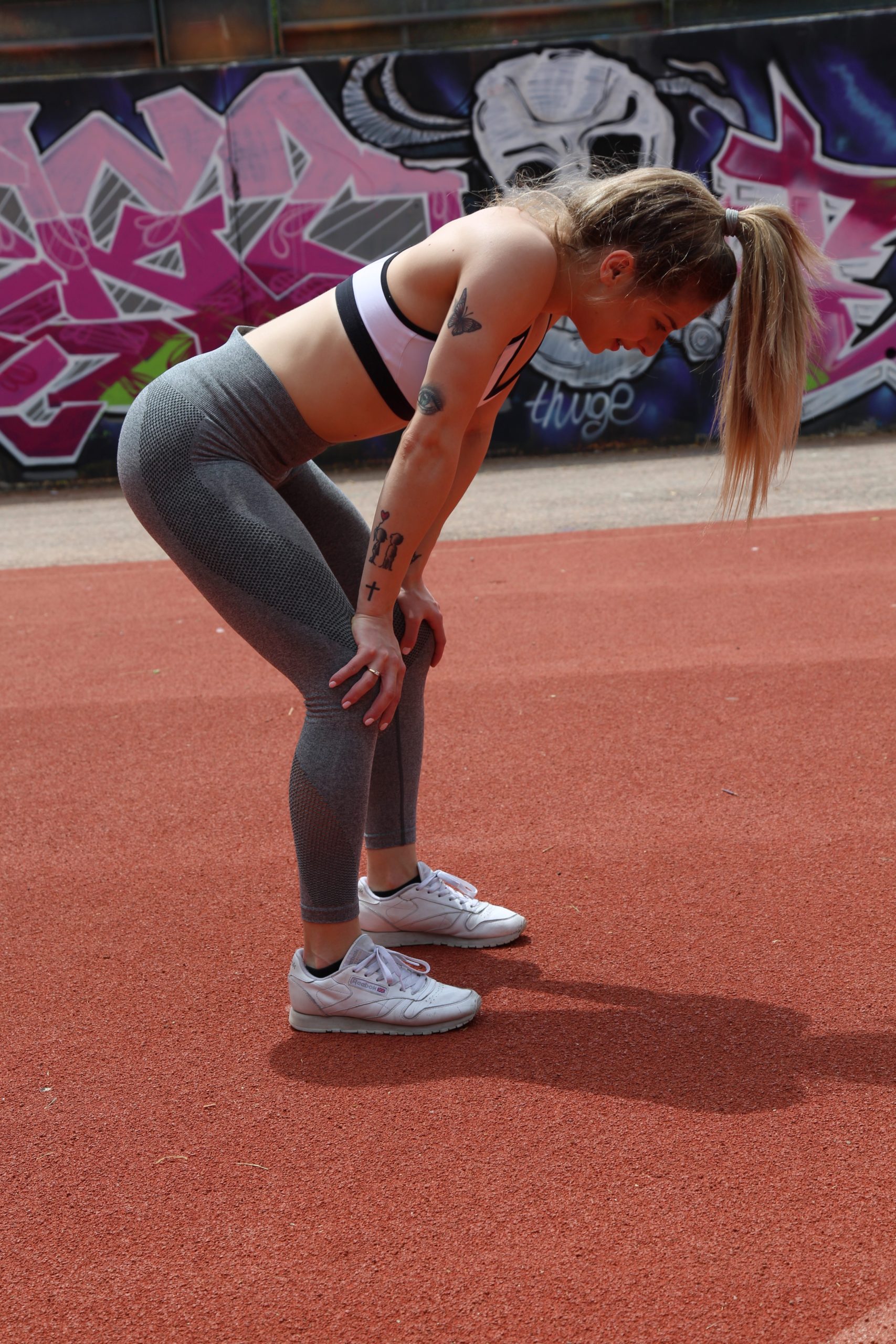Sleep has been identified as an important factor contributing to athletic performance. Athletes may have an increased need for sleep with general recommendations suggesting 7-9 hours to ensure adequate physiological and psychological recovery following training, of which 80-90% should be during night. Scott (2002), suggests that elite athletes who train 4-6 hours a day may require between 10-12 hours of sleep per night.
Sleep supplementation in the form of napping may benefit athletes exhibiting acute and chronic effects of sleep loss. Waterhouse et al (2017), reported that a 30minute post lunch time nap after partial sleep loss significantly improved 20m sprint performance and subjective alertness, while decreasing sleepiness.
Another study on collegiate basketball players found that sleep extension with a goal of 10 hours per day on sleep deprived athletes, significantly enhanced their basketball performance. The players demonstrated faster sprint times and shooting accuracy in both free throws and 3point shots. Players also reported improved alertness and mood, and less sleepiness and fatigue.
Some of our clients think that they are going fine by getting only 4-5 hours of sleep per night, but they don’t realize what zombies they are until they actually get enough restful shut-eye. You need 7 or 8 hours of sleep so that your body can recover and regenerate. Your age, what you do when you are awake, and your genes will determine exactly how much sleep you need. If you are training for a triathlon, you need more sleep than someone who sits at a desk 8 hours a day and watches TV all night. Common sense.
Sleep is not a passive state. Your brain organizes and solidifies learning and memory, which improves your concentration, and promotes innovative and flexible thinking. Sleep strengthens your immune system and allows repair in your nervous system. Growth hormone is released during sleep to repair muscle tissue (Godman& Park, 2011).
Advice of the day: “sleep as much as you can”!!!
